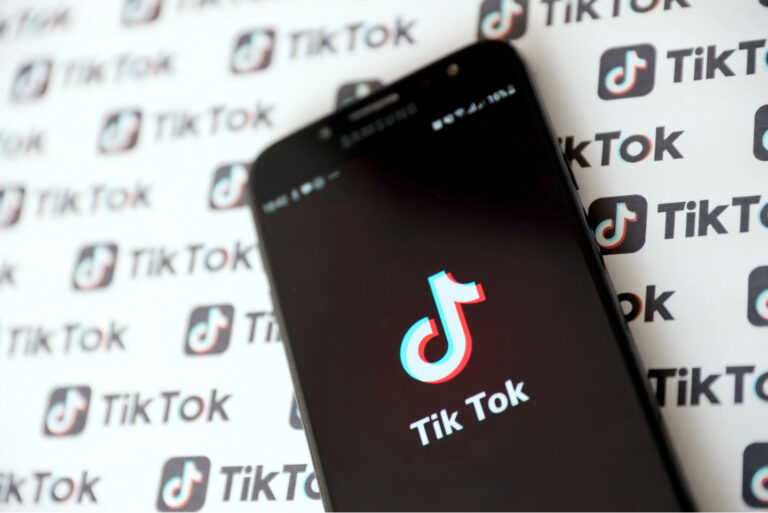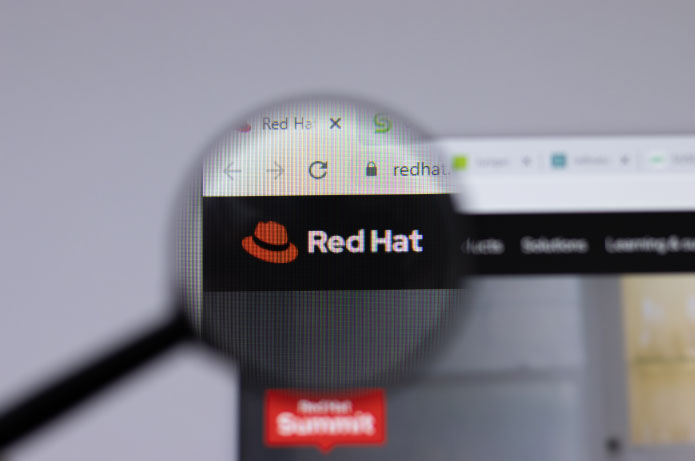A Qlik®, empresa global em integração de dados, analytics e inteligência artificial (IA), anunciou o lançamento do Qlik Cares, um programa reformulado e ampliado que visa transformar a maneira como a empresa apoia organizações sem fins lucrativos. Embora a Qlik tenha fornecido dados e mais de US$ 40 milhões em suporte de analytics a centenas de organizações com propósito social por mais de 15 anos, o Qlik Cares representa um modelo mais profundo e colaborativo — mobilizando tecnologia, expertise e pessoas em todo o ecossistema da Qlik para gerar resultados mensuráveis e escaláveis.
“Para a Direct Relief, os dados não são apenas a força vital dos nossos sistemas de logística humanitária, mas também uma forma de ajuda essencial”, compartilha Andrew Schroeder, Vice-Presidente de Pesquisa e Análise da Direct Relief. “A Qlik é nossa parceira na análise diária para atender às necessidades médicas de comunidades em todo o mundo, além de atuar como colaboradora próxima nos esforços para avançar no uso de novas fontes de dados, aprendizado de máquina e IA para benefício público em tempos de crise. Eles são parte fundamental de como cumprimos nossa missão.”
Com o Qlik Cares, as organizações elegíveis terão acesso com desconto ao portfólio completo da Qlik — incluindo integração de dados, analytics e IA — além de suporte pro bono de funcionários, parceiros, estudantes universitários e clientes da Qlik a projetos. O Qlik Cares continuará atuando nos pilares de ação climática, saúde e equidade globais, ajuda humanitária e educação. O programa seguirá apoiando organizações na tomada de decisões mais inteligentes, rápidas e baseadas em dados, onde for mais importante.
“Nesse momento de necessidades globais, temos orgulho de aperfeiçoar nosso programa, o Qlik Cares, para mobilizar recursos a partir de vários ângulos — nossa plataforma, nossas pessoas e nosso ecossistema — para acelerar as missões daqueles que resolvem os maiores desafios da sociedade”, diz Julie Kae, Vice-Presidente de Sustentabilidade e Diretora Executiva da Qlik.org. “Soluções precisam de acesso a dados, tecnologia e um entendimento profundo de como definir prioridades e metas acionáveis. Esse é um conhecimento que somente a Qlik e nosso ecossistema de parceiros talentosos e experientes, especializados em soluções orientadas por dados, podem oferecer.”
As Novidades do Qlik Cares incluem:
– Acesso ampliado: As organizações sem fins lucrativos globais agora podem se inscrever para obter acesso com desconto ao conjunto completo de ferramentas da Qlik — desde AutoML e integração de dados até analytics e IA generativa.
– Engajamento pro bono: Os projetos abrangerão desde sessões de treinamento de uma hora até iniciativas de vários meses — como desenvolvimento de aplicativos, construção de ETL e workshops sobre preparação para IA — realizados por colaboradores da Qlik e parceiros certificados.
– Portal de Conexão: Um portal centralizado do Qlik Cares, que será lançado até o final deste ano, conectará organizações com especialistas em Qlik disponíveis, incluindo estudantes universitários, e recursos para projetos de dados de alto impacto.
– Hackathons com foco em resultados: A Qlik está ampliando seu apoio a hackathons, garantindo que as soluções passem da demonstração para a implementação — fornecendo suporte a casos de uso críticos no mundo real.
“O acesso a dados limpos e úteis é essencial para fornecer ajuda de forma rápida e eficaz em zonas de crise, mas isso não é algo que a maioria das organizações humanitárias possa fazer sozinha”, diz Heidi Cockram, CIO da Medair. “O suporte da Qlik, tanto em tecnologia quanto em expertise prática, nos ajudou a acelerar o modo como gerenciamos as informações em campo. Essa é uma parceria real, baseada em confiança, agilidade e compromisso compartilhado de salvar vidas.”
“Nas operações humanitárias, a tomada de decisão em tempo hábil e informada é vital, e o acesso a dados confiáveis nunca deve ser uma barreira quando vidas estão em risco”, diz Taco van het Reve, Diretor Geral da cimt. “Como parceiro de longa data da Qlik, a cimt tem orgulho de apoiar a organização humanitária Medair.”
O Qlik Cares é uma iniciativa que envolve toda a empresa, incorporada em todas as funções e produtos. Voluntários de diversos departamentos já estão se inscrevendo para contribuir com seu tempo e talento, e os parceiros estão agindo para oferecer serviços completos. Desde a expertise em IA até a consultoria em ETL, o programa vai aproveitar todos os pontos do ecossistema da Qlik para encontrar as organizações onde elas estão — e levá-las para onde precisam ir com os dados.
Para saber mais sobre como participar, organizações sem fins lucrativos buscando apoio ou um parceiro da Qlik pronto para contribuir podem acessar qlik.org. O Portal Qlik Cares será lançado em breve, ampliando as oportunidades de conexão, contribuição e impacto conjunto. A Qlik acredita que os dados são o recurso mais poderoso do mundo e, por isso, devem servir àqueles que mais precisam deles.













